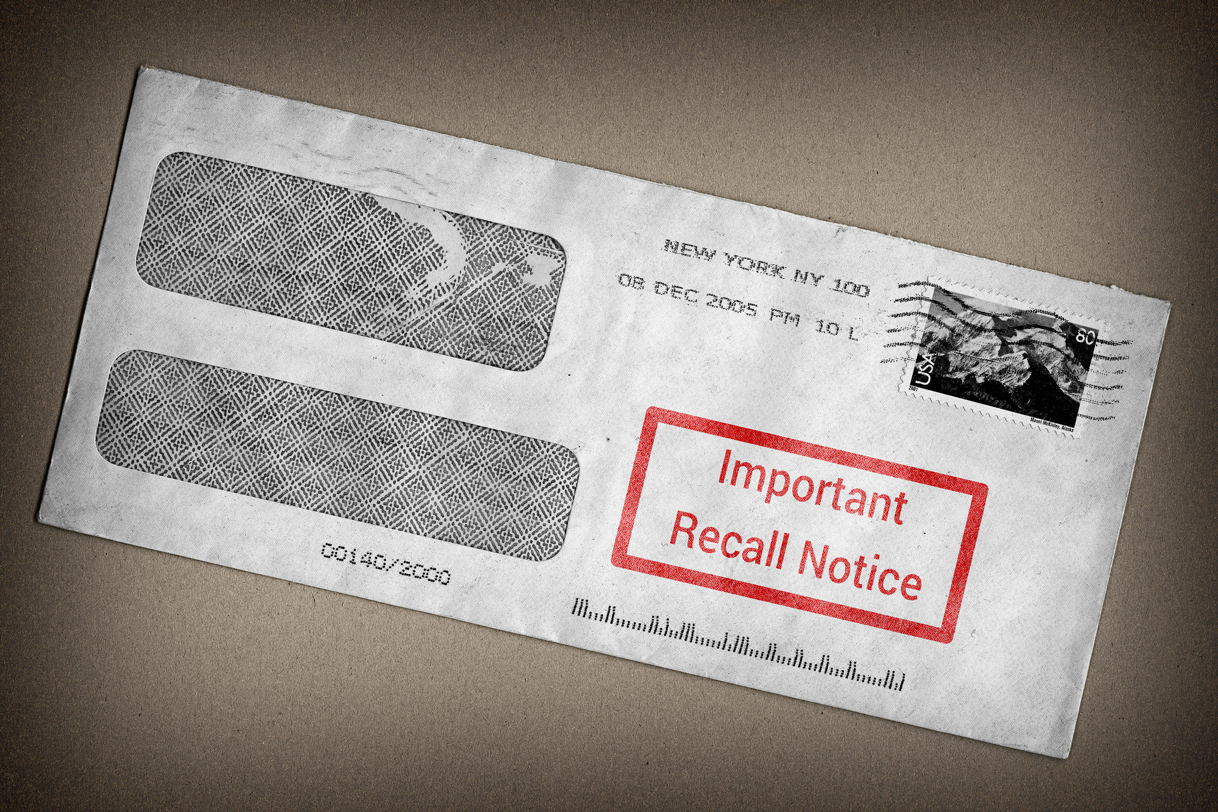- Free Consultation: (843) 391-9902 Tap Here to Call Us
What Is a Defective Product Claim?

Modern products, particularly modern technological products, are enormously complex, and as a result of that complexity, often less sturdy. With so many vendors selling products and insurance for the products bundled together, it might be said that we expect a certain level of glitchiness or fragility in new products. But that expectation doesn’t include harm to people. We buy products because we expect them to benefit us, and even if we accept some wonkiness, that’s not the same as accepting flaws so significant they lead to product users being injured by the product. In fact, the United States Department of Justice estimates that product liability lawsuits account for 5% of all personal injury lawsuits in the country. American consumers are direct in letting companies know that they won’t tolerate faulty and dangerous products. The blog illustrates important concepts about personal injury claims arising from defective products. Please read on to prepare yourself if you’ve been injured by a defective product and contact a Darlington County defective product lawyer so we can begin filing your claim.
Liability in Defective Product Claims
In product liability cases, your lawyer has a few choices of theories on which to base your case, but the most common are negligence and strict liability lawsuits.
In typical negligence cases, the plaintiff must show that the defendant owed them a duty of care. When talking about product liability, this can refer to, for example, the duty a manufacturer has to make sure their products are safe for potential users. Plaintiffs will argue that the defendant violated that duty of care, and that their violation of it led to the plaintiff’s injuries.
By comparison, in strict liability lawsuits, plaintiffs don’t have to show negligence. To hold manufacturers, vendors, and distributors responsible, plaintiffs with cases under this theory only need to demonstrate a defect, a reason the product might be considered “unreasonably dangerous,” and that this defect caused harm to the plaintiff.
How Comparative Negligence Can Affect a Defective Product Claim
South Carolina accepts the rule of comparative negligence. Comparative negligence is based on the idea that each party in a personal injury lawsuit should be responsible for their actions, plaintiff and defendant alike.
If the plaintiff’s negligence contributed to their own harm, then this contributory negligence allows the defendant to argue that the plaintiff’s recovery should be reduced by whatever percentage they were at fault. Supposing the court decides that a plaintiff is entitled to $10,000 in damages, but the plaintiff is 20% at fault, they will receive only $8,000.
Statute of Limitations for Defective Product Claims
Finally, if you were injured by a defective product in South Carolina, the statute of limitations is set at three years after your injury. Once three years have passed, you may no longer have the right to seek compensation.



